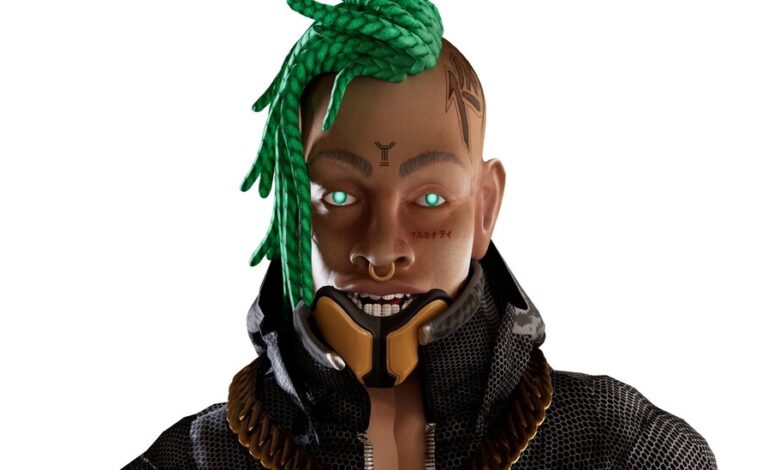Capitol Drops ‘Virtual Rapper’ FN Meka After Backlash Over Stereotypes

Capitol Music Group, the company that houses major record labels including Capitol and Motown, said on Tuesday that it was severing ties with its latest controversial artist: FN Meka, a virtual “robot rapper” powered partly by artificial intelligence, who boasts more than 10 million followers on TikTok.
The company had previously teased the project — the first augmented reality artist to sign to a major label, it said — as “just a preview of what’s to come.” Yet after growing backlash to what skeptical observers said amounted to digital blackface — including content that seemed to trivialize incarceration and police brutality — Capitol said it had “severed ties with the FN Meka project, effective immediately.”
The company added in a statement: “We offer our deepest apologies to the Black community for our insensitivity in signing this project without asking enough questions about equity and the creative process behind it. We thank those who have reached out to us with constructive feedback in the past couple of days — your input was invaluable as we came to the decision to end our association with the project.”
Earlier on Tuesday, the activist nonprofit known as Industry Blackout, which formed in 2020 to pursue equity in the music business, had called for a public apology, as well as the donation of any funds spent by Capitol on the project to charity and the budgets of Black artists on the label.
“We find fault in the lack of awareness in how offensive this caricature is,” Industry Blackout wrote in an open letter posted to social media. “It is a direct insult to the Black community and our culture. An amalgamation of gross stereotypes, appropriative mannerisms that derive from Black artists, complete with slurs infused in lyrics.”
FN Meka was backed by the company Factory New, which described itself as a “first of its kind, next-generation music company, specializing in virtual beings.” (Also on the roster: the crypto-rapper Lil Bitcoin.) Though voiced by a human, FN Meka and his music — “lyrical content, chords, melody, tempo, sounds” — was derived in part from artificial intelligence, the industry publication Music Business Worldwide reported last year.
“Not to get all philosophical, but what is an ‘artist’ today?” Anthony Martini, a Factory New founder, told the publication at the time. “Think about the biggest stars in the world. How many of them are just vessels for commercial endeavors?”
Ryan Ruden, the executive vice president of experiential marketing and business development at Capitol, plugged the project this month as living “at the intersection of music, technology and gaming culture.”
In an interview on Tuesday, Martini said he anticipated the deal’s cancellation coming this week, citing “blogs that have latched onto a clickbait headline and created this narrative.”
He said that FN Meka was, in fact, primarily an anonymous human rapper — “he’s a Black guy” — and “not this malicious plan of white executives. It’s literally no different from managing a human artist, except that it’s digital.” He added that the team behind FN Meka was “actually one of the most diverse teams you can get — I’m the only white person involved.”
Capitol did not pay an advance to sign the rapper, Martini said. The label confirmed that there was no money to be paid back in the deal.
Martini noted that while there was “some trolling initially” in rolling out the video game-style character — who curses, has face tattoos and sports a half-shaved head of green braids — the use of digital avatars could be freeing for some artists. “The question was: How do we break an avatar as if was a real artist and not a spectacle? It unfortunately turned into a spectacle anyway.”
Responding to an image that made its way around social media, showing FN Meka being beaten by a police officer in prison, Martini added, “Some of the early content, now if you take it out of context, it obviously looks worse or different than it was intended.”
A debut single, “Florida Water,” was released via Capitol, a division of Universal Music Group, on Aug. 12. The track was credited as featuring the professional Fortnite gamer Clix, along with the Atlanta rapper Gunna, who is currently being held without bond in Atlanta, where he is facing a felony racketeering charge.
“This digital effigy is a careless abomination and disrespectful to real people who face real consequences in real life,” Industry Blackout said in its statement, pointing to Gunna’s case.